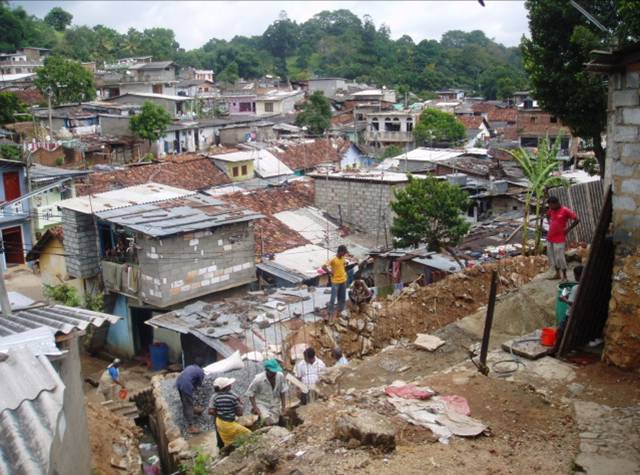While caste discrimination in Sri Lanka is relatively mild compared to other South Asian countries, it is still entrenched in society. Some underprivileged castes are denied access to religious sites, and certain unclean jobs such as cleaning of toilets and garbage collection are inherited through generations.
The estimated number of people experiencing caste discrimination in Sri Lanka is four-five million or 20-30 percent of the total population. In Sri Lanka, there is no common identity as ‘Dalits’ among the ‘lower’ castes and it has been difficult for them to organise themselves – contrary to the Dalits of India and Nepal.
Key issues
Bonded labour is widespread in tea plantations in Sri Lanka. Dalits constitute 83 percent of the total of 3.6 million plantation workers. Most of them are Tamils of South Indian descent. The prevailing caste hierarchy of the Tamil plantation community is more or less a continuation of the South Indian caste system.
Recommendations
Global Call Recommendations to End Caste Discrimination in Sri Lanka
Database
IDSN has created an extensive database on caste-based discrimination.




